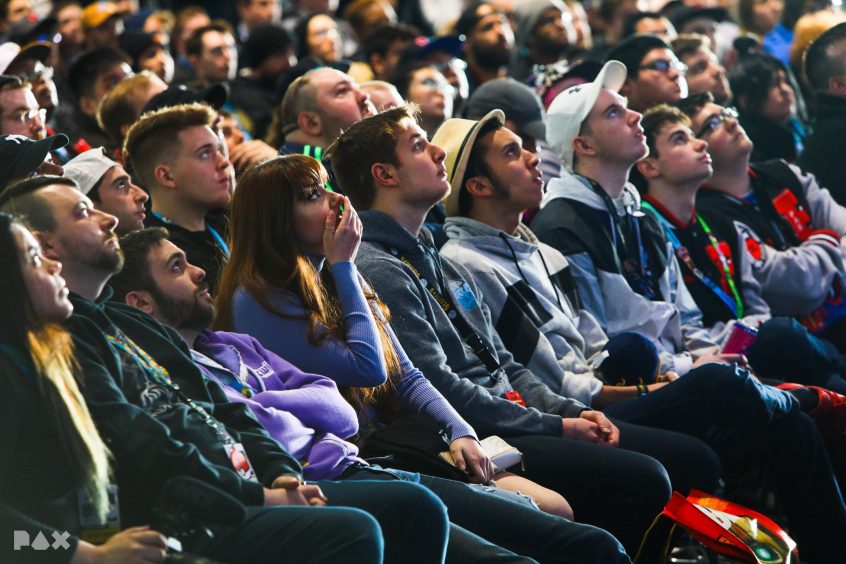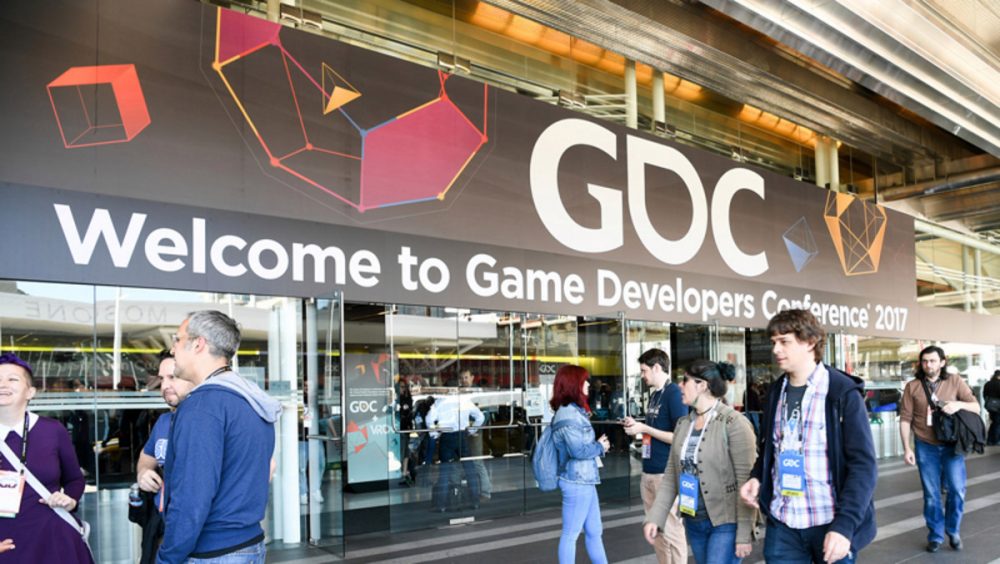This February, organizers reluctantly decided to cancel the Game Developers Convention due to lack of attendance from Epic, Microsoft, and other companies. GDC was to be held in San Francisco later this month, but due to the outbreak of COVID-19 (AKA coronavirus), companies are rethinking travel. While the GDC promises to reschedule, and organizers have done their best to mitigate repercussions by refunding attendees and cancelling hotel reservations, the action has caused industrial unrest.
Fear and anxiety spurred by the coronavirus outbreak has had widespread effects, including the cancellations of other conferences such as TED in Vancouver and the South by Southwest film festival. The Washington Post reports that cancellations in global travel have cost hotel and airline companies their greatest plunge in shares since the Great Recession, and analysts warn that this could have cascading effects on the economy. In light of spreading illness, upcoming video game expositions must decide whether or not to move forward.
Despite last month’s news of GDC’s cancellation, as well as the postponement of the Taipei Game Show due to the World Health Organization’s declaration of global emergency, many of this year’s biggest gaming events are moving forward. Late last month, PAX East was held despite Sony’s lack of attendance. EGX Rezzed, one of the largest indie game events in the UK, is returning to London as soon as late March, and many summer trade fairs such as E3 and Gamescom remain unwavering as well. However, as the number of documented COVID-19 cases rises, so does fear and misinformation.

According to the Centers for Disease Control and Prevention’s website, sequences in the COVID-19 strain likely emerged from an animal reservoir in Wuhan, the capital of China’s Hubei Province. Patients at the centre of the original outbreak have been linked to large seafood and live-animal markets. While this originally suggested animal-to-person spread, more recent movement of the virus has proven that it is also communicated between people via droplets produced from coughs and sneezes. Since the first reported instances of the virus in late December 2019, the virus has spread to 89 countries.
Despite WHO’s declaration of a global emergency, the CDC only recommends you avoid nonessential travel to Iran, China, and Italy due to widespread community transmission. No locations hosting game expositions this spring are located in countries with any level of travel health notice. And yet, companies such as Sony have been very wary of travelling even to countries with very limited risk of community transmission such as the United States. “We are disappointed to cancel our participation in this event, but the health and safety of our global workforce is our highest concern,” Sony stated in a blog post last month.
Some view Sony’s move as an overly-cautious one guided by misinformation. In an open letter, Boston mayor Marty Walsh urged Sony not to pull out of PAX due to their leadership in the gaming industry and the propagation of panic their actions might cause. Speculation as to whether or not Sony is making the right call cancelling their attendance at PAX East and E3 has been a hot topic. However, with the COVID-19 outbreak developing so rapidly, companies are left to their own discretion as far as how to proceed with attendance at such events.
If massive trade fairs such as E3 must be cancelled later this year, there are ways to mitigate damage to developers and the industry as a whole. In the future, AAA studios may utilize online streams more frequently, much like the Nintendo Direct. This would be especially useful for Sony, which is not attending E3 due to the event not being “the right venue for what [Playstation] is focused on this year.” If E3 were cancelled due to the coronavirus, the Entertainment Software Association could create a supercut of several directs filmed remotely by developers and stream the event as a series of these directs with transitions provided by ESA.
Independent game developers would have a difficult time accomplishing this. Many indies rely on the GDC as an event to showcase their games and make connections. Fortunately, several game companies and other groups have already come together to form a GDC relief fund for smaller developers planning to attend the conference. So far, over $76,500 has been raised to support this cause. Anyone interested in donating to this cause can find more information by visiting wingsfund.me/GDCrelief.
The industry may have to withstand a year of smaller, if not purely online trade fairs. In addition, COVID-19’s effects on the gaming industry extend to the production of games and hardware as well. As far as development goes, the only game that has been delayed explicitly because of the coronavirus is the Nintendo Switch port of Outer Worlds, which was supposed to be available last week. However, delays in hardware include shipments of Switch consoles, joy-cons, and Oculus Quests. More importantly, delays could be seen later this year in the development and shipment of the PS5 and Xbox Series X.
While the sudden cancellation of the GDC earlier this year was unprecedented, and the year may bring further unfortunate surprises, the storm can be weathered if companies can focus on online promotion and the community can come together to support indies. It is highly unlikely that members of the game industry will see anything as dramatic as a recession.
If you enjoy games and gaming and want more NEWS from the Gaming World Click Here








You must be logged in to post a comment.